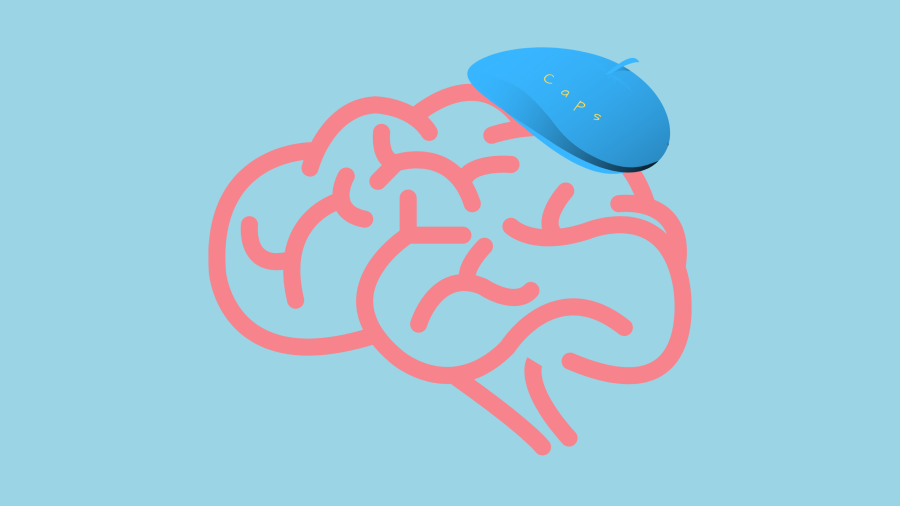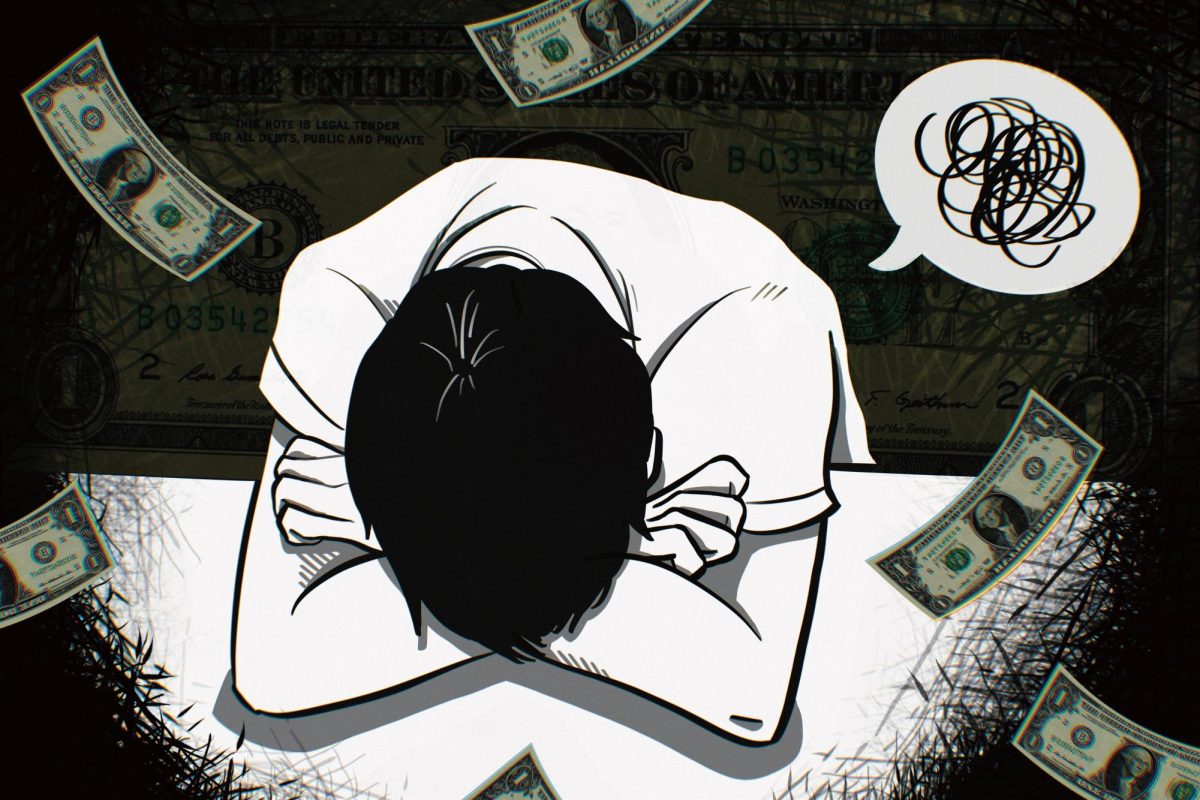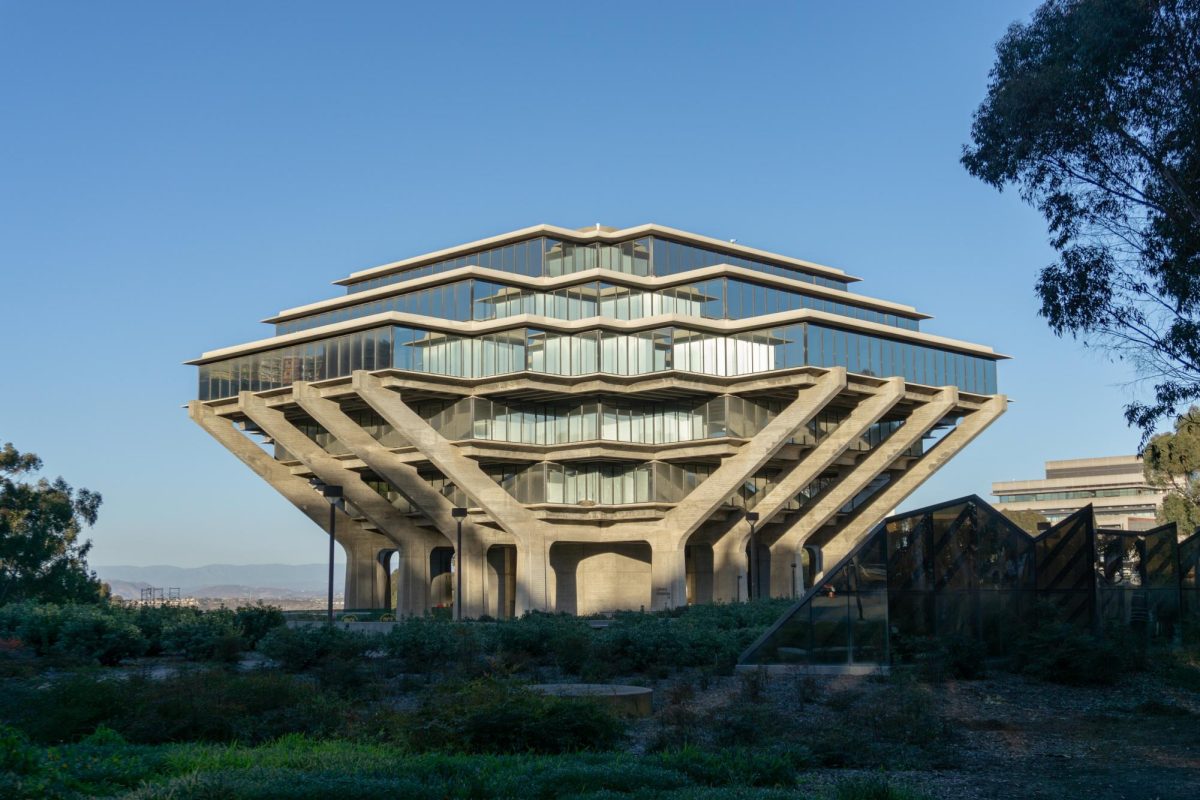One of this decade’s key issues has been the fight against the stigmatization of mental health issues. More than ever, people have spoken out about their experiences with depression, anxiety, eating disorders, and all manner of other mental health concerns. In this way, it seems that UC San Diego should have been ahead of its time. As noted on its website, Counseling and Psychological Services has been a part of the campus since the late 1960s, a decade when college mental health services were still not particularly common. Given this long-standing relationship with student mental health, UCSD should have theoretically been able to keep up with the times by recognizing the critical need for mental health services as awareness grows, especially at a campus known for it’s asocial, stress-driven, often lonely atmosphere. However, as almost any UCSD student could tell you, this is far from the case.
My own experiences with CAPS have been pretty par for the course. I first made contact with CAPS as a freshman struggling with feelings of loneliness at this new school, and the extreme stress all too common among overachieving first years. I came to CAPS in real need of meaningful help, naively optimistic about the seemingly comprehensive resources my new school offered. Instead, I was given a month-long wait for my first appointment and was sent off with no diagnosis and no directions after three sessions. Severely underwhelmed by the help I had been given during one of the darkest times in my life, I did not try to get help again for over a year, when I, like many other students disillusioned by campus services, neared a breaking point.
My experience with CAPS is far from unique. The department, part of UCSD’s Student Health Services, is well known for its long wait times, usually making students wait for weeks at a time for even a preliminary phone call prior to scheduling an actual counseling appointment. Despite advertising that all students paying tuition will have access to SHS programs, CAPS has been known to refer students with pre-existing mental health issues off-campus. Likewise, students with Reduced Access Fee for Tritons insurance rather than the Student Health Insurance Plan are usually only allowed three sessions with a CAPS counselor before being told to find help off-campus for long term therapy. In this regard, it seems as if CAPS is focused on short-term, single-issue counseling — but bizarrely, only for those with lax enough issues that they don’t mind the weeks of waiting for an appointment.
In addition to sending students off-campus, CAPS generally provides very little help with the referral process. For students overwhelmed by the prospect of finding a good fit for therapy, hesitant to use a family insurance plan for fear of facing stigma, or without easy access to areas off-campus, this can often mean the difference between getting help or letting their problems fester. For students looking for immediate help through CAPS, the long wait times can be equally off-putting. The stakes of this issue are all too high. Suicide is the second leading cause of death among college students, and lack of assistance from counseling centers can often be a contributing cause. In one 2018 case at Brigham Young University, a student’s suicide was directly linked to weeks-long wait times with school psychological services. UCSD is already well known for an isolated, competitive environment, issues that can easily lead to anxiety and depression. If UCSD isn’t going to handle the root of this problem, then it is its responsibility to at least handle the effects before too many students are driven too far.
So what can it do? The most obvious solution is to allocate more funding to CAPS so its services can finally match the needs of its massive student body. At the very least, CAPS needs to be able to cut down on its abysmal wait times, and hopefully allow for more long-term counseling options. And if these long-term options are unattainable, then UCSD needs to provide more guidance through the referral process, actually working with students to find counselors through their insurance plans that will be able to meet their needs. But there are so many more financially feasible options too. Several schools, such as the University of Colorado and Skidmore College, have set up programs for short, long-distance counseling through phone calls, video chat, and even online messaging. These options don’t necessarily mean hiring more staff but would make all the difference for a student in need.
When I was facing my own struggles, I was eventually able to find help — but despite UCSD’s services, not because of them. Many students haven’t been so lucky. It’s time UCSD takes responsibility for its students’ welfare and gives them the help they deserve.
Graphic courtesy of Geena L. Roberts.





















Harold A Maio • Dec 5, 2019 at 8:50 am
—One of this decade’s key issues has been the fight against the stigmatization of mental health issues.
Excuse me, may I make that a bit more specific: One of the key issues has been confronting those taught or teaching that stigmatization. For whatever reasons we have not begun to fight them.
Have you?
Eduardo Montana • Dec 4, 2019 at 9:08 pm
Great Article! Thank you for sharing your experience. Think of all the suffering that could be saved…perhaps lives saved if UCSD would just invest into CAPS. Unfortunately, UCSD continues to add students without maintaining or upgrading services to meet demand.
Maybe you guys could post a follow up article where.you ask ucsd what they are doing to combat the problem.